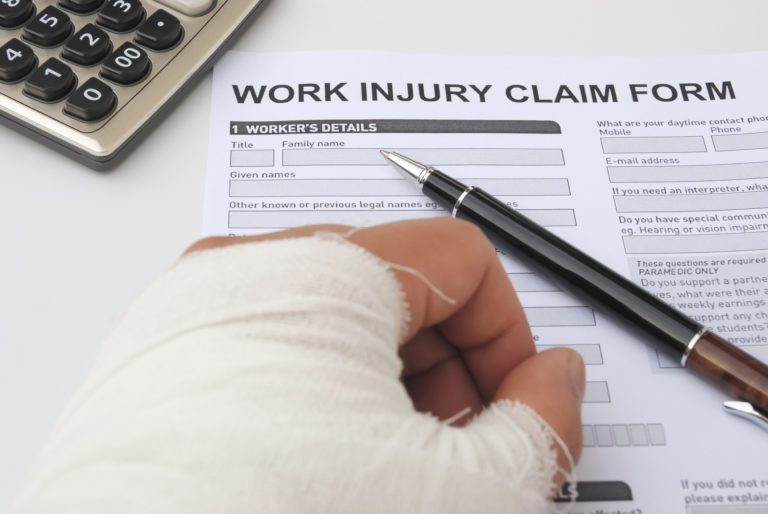



When you’ve been hurt on the job, your first course of action will typically be to notify your employer and file a workers’ compensation claim. Though workers’ compensation is often referred to as your “exclusive remedy” for work-related injuries, that’s a little misleading. In fact, under the right circumstances, you can file a workers’ compensation claim and a civil lawsuit for personal injury simultaneously. Here’s how it works.
The workers’ compensation laws were enacted with the intent of benefiting both workers and employers. As an injured worker, the workers’ compensation laws generally give you access to benefits with less hassle and in a more timely manner. If your application is approved, you can often start receiving benefits in just a few weeks. Another benefit to the workers’ compensation system—a worker doesn’t have to show negligence in order to get compensation. All you need to show is that you were working and you were injured.
The trade off for this convenience, though, is that the benefits to which you are entitled are limited. They are based on your prior year’s wages, with a ceiling on the amount that will be paid. In a personal injury lawsuit, though it can take months or years before you get to trial and even more years before you receive any payment (if a verdict is appealed), the jury has more discretion with respect to the amount of damages that can be awarded.
The workers’ compensation laws, however, are intended to provide a remedy only for injuries caused by the carelessness or negligence of an employer or co-worker. If you can show that your injuries were caused by an unrelated third party, you are not limited to recovery through a workers’ compensation claim. Common situations where an injured worker may file a personal injury lawsuit in court include:









Email us using this contact form and we will quickly reach back out with answers.



















